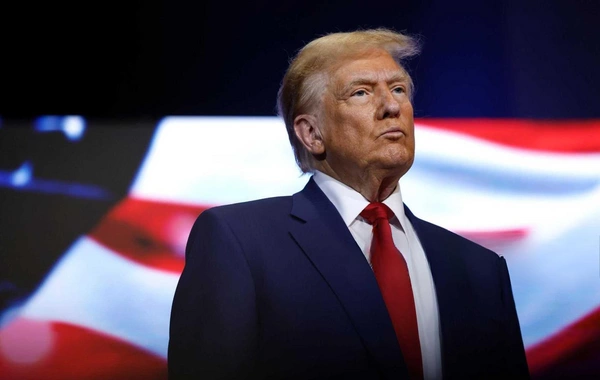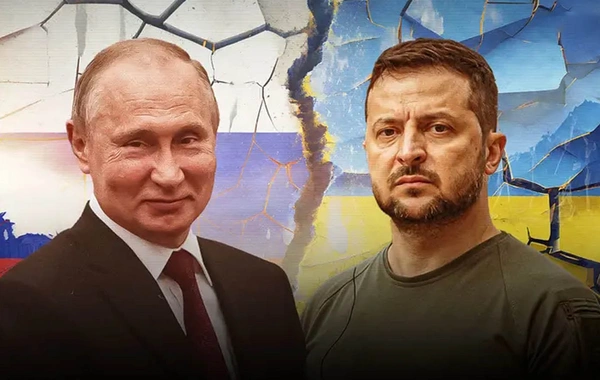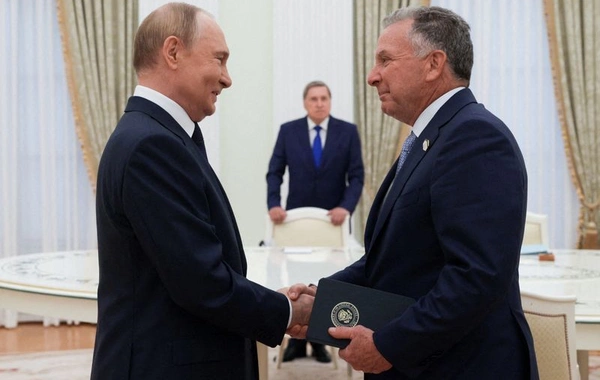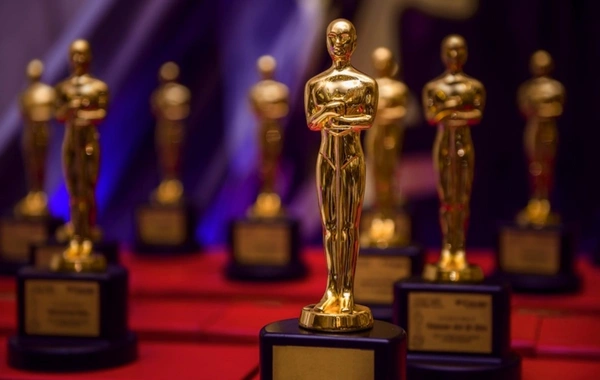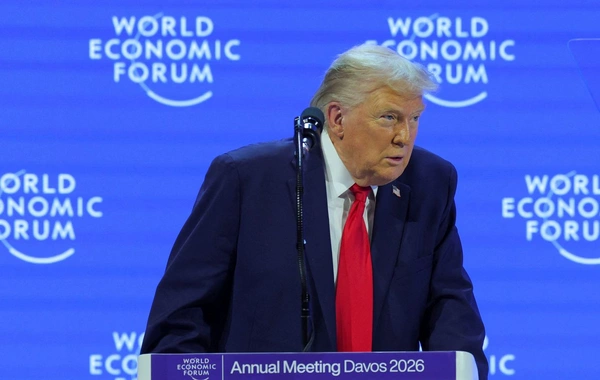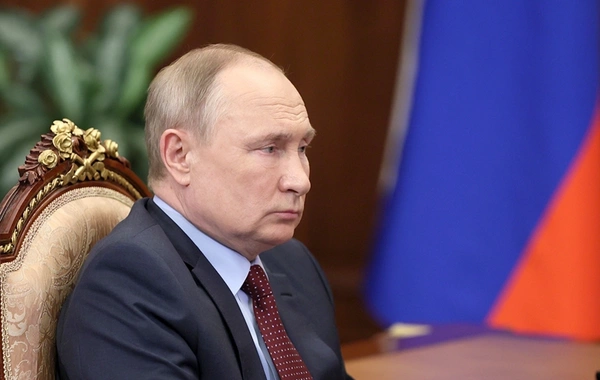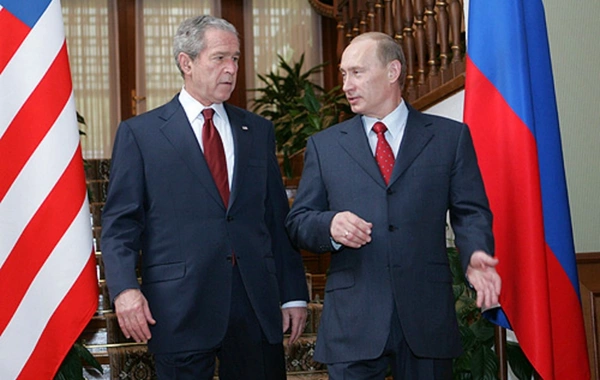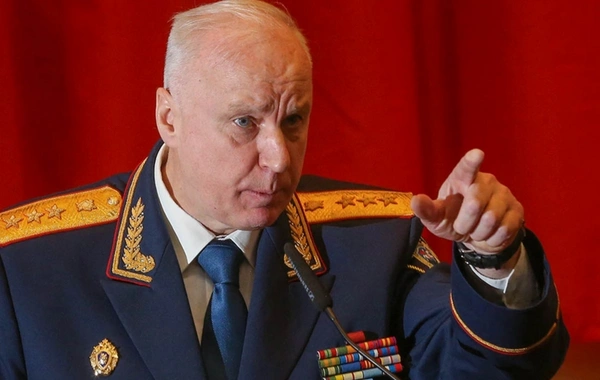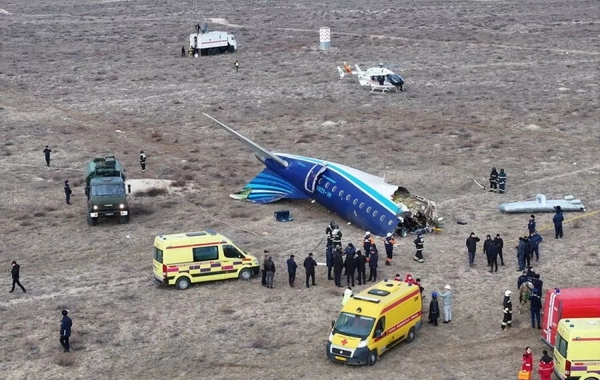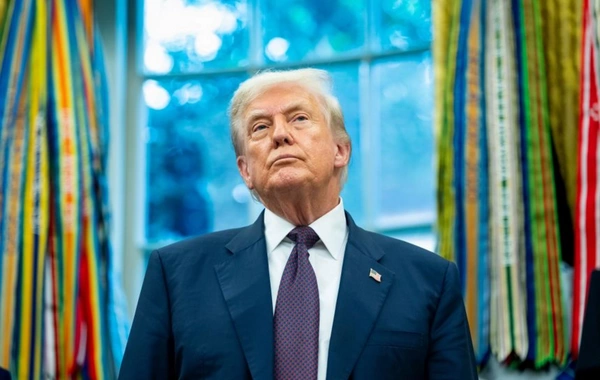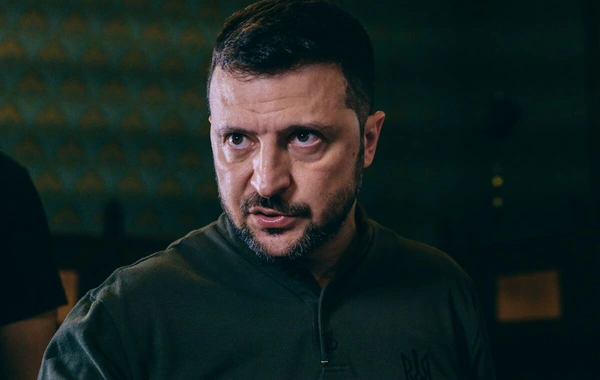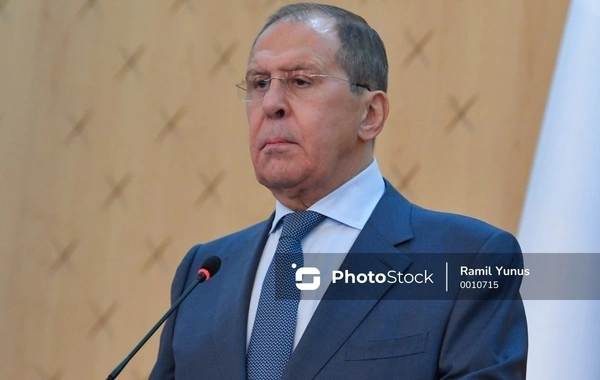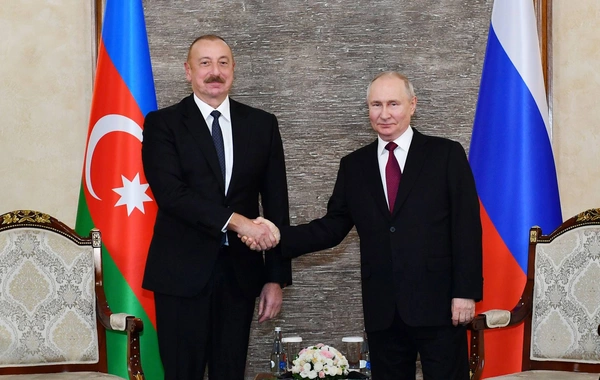Vladimir Putin
Vladimir Putin
Vladimir Vladimirovich Putin is a prominent Russian statesman, serving as President of the Russian Federation since 2000 (with a break from 2008–2012). His journey from a KGB officer to the leader of the world’s largest country has made him one of the most influential figures of our time. This article explores his life, career, and current events in 2025.
Childhood and Education
Vladimir Putin was born on October 7, 1952, in Leningrad (now Saint Petersburg). His father, Vladimir Spiridonovich, was a World War II veteran, and his mother, Maria Ivanovna, survived the city’s siege. The family lived modestly in a communal apartment. Putin attended School No. 193, later moving to a specialized School No. 281 with a chemistry focus. From a young age, he was passionate about judo and sambo, earning a master of sports title. In 1975, he graduated from the law faculty of Leningrad State University, aspiring to a career in intelligence.
Career in the KGB and Early Political Steps
After university, Putin joined the KGB, serving from 1975 to 1991, including a stint in Dresden, East Germany, from 1985 to 1990. In 1990, he returned to Leningrad, becoming an assistant to the rector of LSU and an advisor to Mayor Anatoly Sobchak. He resigned from the KGB in 1991 with the rank of lieutenant colonel. After Sobchak’s election loss in 1996, Putin moved to Moscow, taking the role of deputy head of the presidential administration.
Path to Presidency
In 1998, Putin was appointed head of the FSB, and in 1999, he became secretary of the Security Council. In August 1999, Boris Yeltsin named him prime minister, and on December 31, acting president. In March 2000, Putin won the presidential election, beginning his first term. His early leadership was marked by the counterterrorism operation in Chechnya, solidifying his image as a decisive leader.
Presidency and Reforms
Putin served as president from 2000 to 2008 and from 2012 to the present, with a term as prime minister from 2008 to 2012 under President Dmitry Medvedev. His tenure saw economic growth in the 2000s due to high oil prices, victory in the Second Chechen War, and the strengthening of centralized power. Key reforms include regional reorganization, legal modernization, and expanded presidential authority. Constitutional amendments in 2020 extended his eligibility until 2036. In 2024, he was reelected with 88% of the vote.
Putin’s foreign policy includes the annexation of Crimea in 2014, the Syrian operation since 2015, and the special military operation in Ukraine since 2022. These actions triggered international sanctions but bolstered his domestic reputation.
Personal Life
Putin was married to Lyudmila Shkrebneva from 1983 to 2013. They have two daughters: Maria (1985) and Katerina (1986). He enjoys sports, particularly hockey and judo, and supports Orthodox Christian traditions. His personal life remains private, fueling speculation.
2025 News
In 2025, Putin continues to lead Russia, strengthening ties with China and BRICS nations. In May, he spoke at the Victory Day parade in Moscow, attended by leaders from China and Brazil. He held talks with the U.S. on the Ukraine conflict, rejecting a ceasefire proposal. In June, he approved a coal industry rescue plan, and in August, he condemned U.S. strikes on Iran as an “act of aggression.”
Conclusion
Vladimir Putin is a pivotal figure in global politics, whose career has reshaped Russia. His decisiveness and strategic approach continue to influence world events. Stay updated on Putin’s news in 2025 to follow his new initiatives.





